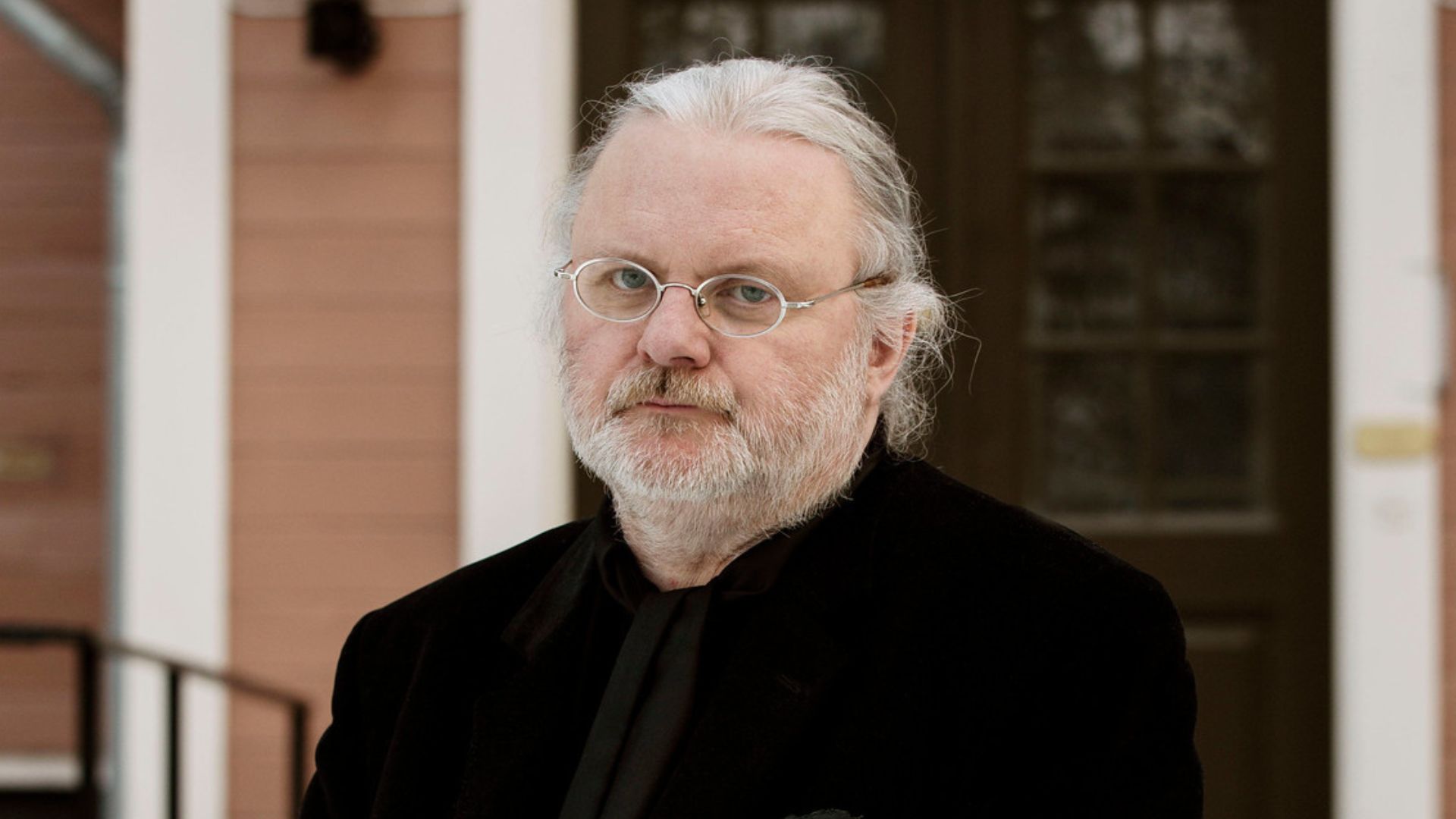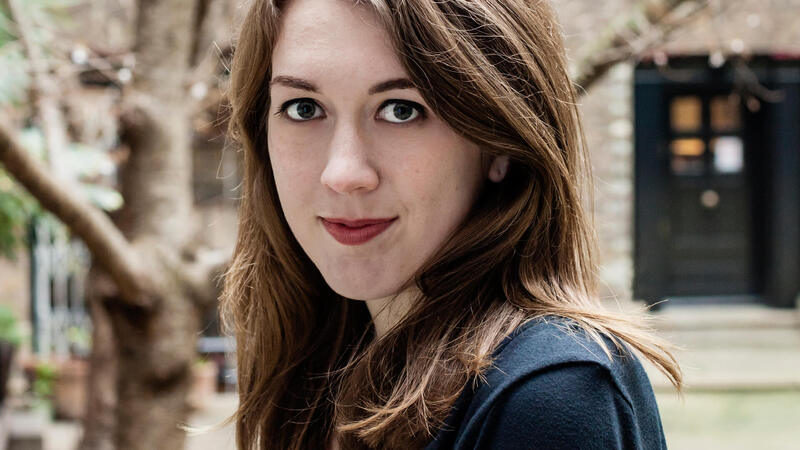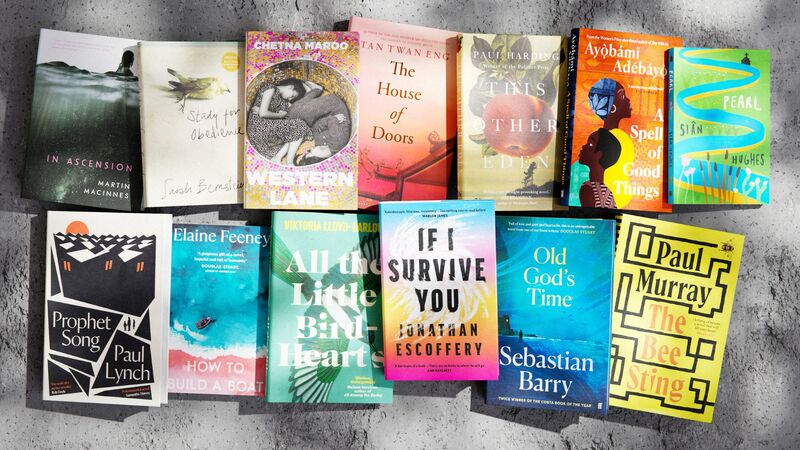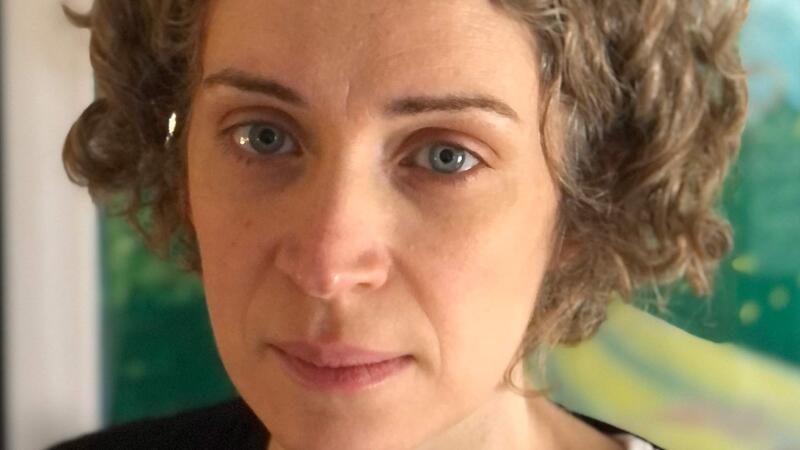Books in the Media: critics spellbound by Jon Fosse novella
This week a novella from Jon Fosse captured critics’ attention while a history of Donald Duck beguiled at the Times.
Morning and Evening (Fitzcarraldo), a republished 2000 novella from Nobel laureate Fosse, translated by Damion Searls, was called a “metaphysical ghost story” by Yagnishsing Dawoor at the Observer. “Fosse’s prose is suffused with mysticism, and a more personal and nuanced theism”, found Dawoor. The novella conveys “late-life pain and melancholia” and the “muted whimpers of grief”. Houman Barekat at the Financial Times hailed Morning and Evening as a “work of graceful, spine-tingling beauty”, continuing that “there is something oddly comforting in the novel’s ambience of cosmic inevitability”.
AN Wilson at the Times called JB Kaufman and David Gerstein’s Walt Disney’s Donald Duck: The Ultimate History (Taschen) a “remarkable” volume and also “the maddest book I’ve read this year”. Selected as the Times book of the week, this history of one of Disney’s iconic cartoon characters has been published as a “heavy folio, coffee-table book the size of a coffee table, containing critical essays and plot summaries of every single Disney film in which the duck makes an appearance, starting with the 1934 cartoon ‘The Wise Little Hen’.” The authors call Donald Duck “the embodiment of all our imperfections”.
Paul French’s Her Lotus Year: China, the Roaring Twenties and the Making of Wallis Simpson (Elliott & Thompson) “briskly” debunks the myths and rumours surrounding the year Simpson spent in China. The Sunday Times’ Kathryn Hughes noted that “if she did anything excessive during her lotus year it was shopping,” while Sue Gaisford at the Financial Times praised French’s “painstaking, forensic research [that] proves beyond reasonable doubt that although there was some truth in these sly and scandalous tales, none of them could have involved Wallis”.
Psychologist and academic Jordan Peterson’s new book We Who Wrestle with God: Perceptions of the Divine (Allen Lane) is “about how Biblical narratives can tell us something about how to live in a world that has largely forgotten them”, noted Nina Power at the Telegraph. Power called Peterson’s reading of the Old Testament “a stern one”, explaining that “time and again, Peterson emphasises that nothing will ever be gained, in our lives, without sacrifice”.
John Boyne’s Fire (Doubleday), the third in the author’s Elements quartet, is “like its predecessors... dominated by issues of aberrant sexuality”. The novel follows Freya, a doctor in a hospital burns unit, who continually seeks revenge against adolescent boys after she was raped and buried alive by 14-year-old twins as a child. The Spectator’s Michael Arditti called it an “exhilarating read”, adding that “Boyne has found a neat framework for a series of original novels, linked as much by theme and image as by character and setting”.
The Financial Times also released a list of five “beguiling” debut novels selected by Suzi Feay, including: Sarah Jollien-Fardel’s My Favourite (Indigo Press), translated by Holly James; Pascale Petit’s My Hummingbird Father (Salt); Isaac (Verve Books) by Curtis Garner; Ingvild Rishoi’s Brightly Shining (Grove Press) and Nicola Swengley’s The Portrait Girl (Breakthrough Books).


















